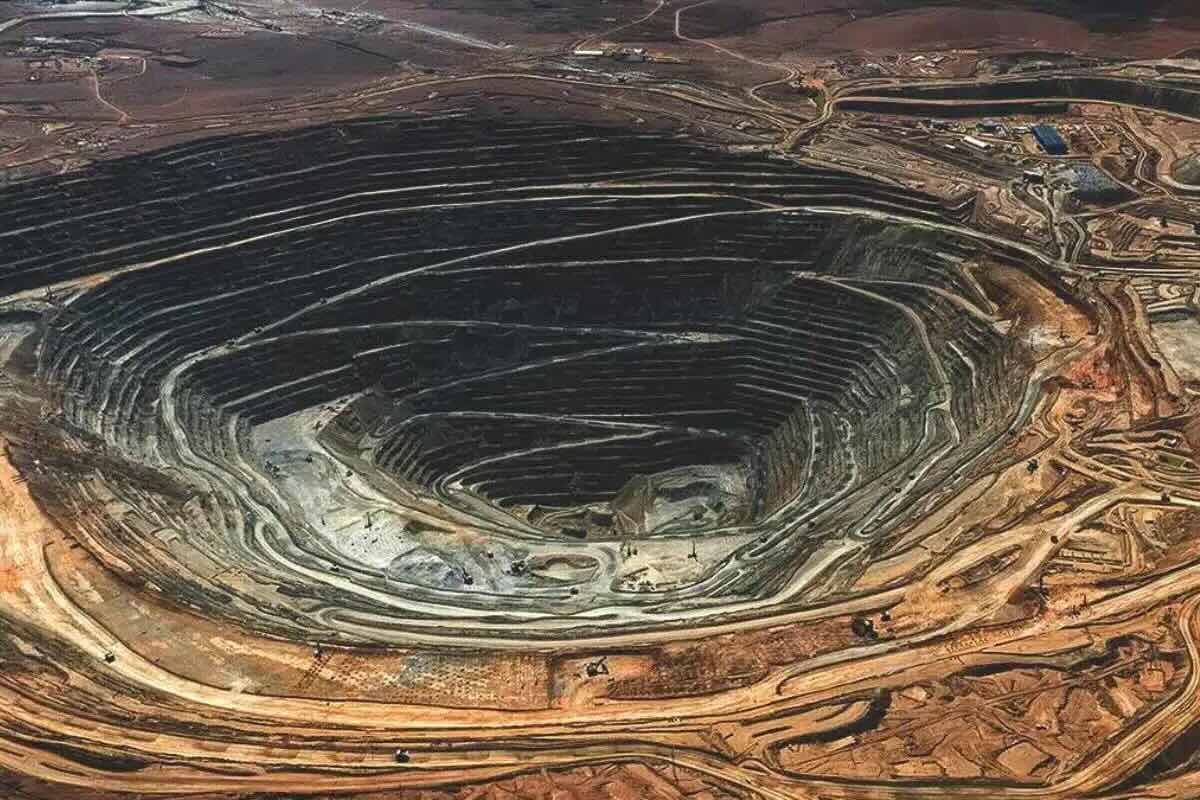France may have just stumbled upon a discovery that could reshape the global energy landscape. In the Lorraine region, scientists uncovered the world’s largest natural hydrogen deposit—an estimated 46 million tonnes. That’s nearly half of today’s global hydrogen production, and experts believe it could become a game-changer for clean energy.
A Discovery Hidden Beneath Moselle
The breakthrough came in the mining basin of Folschviller, in Moselle. Researchers from the GeoRessources laboratory at the University of Lorraine and the CNRS were drilling at a depth of 1,250 meters—not for hydrogen, but for methane. Instead, they found something far more valuable: an enormous reserve of white hydrogen, also called natural hydrogen.
Philippe de Donato, research director at GeoRessources, explained that the subsoil of the Lorraine coalfield appears exceptionally rich in this rare resource. If confirmed, the deposit could significantly accelerate France’s shift toward clean, climate-friendly energy.
Unlike grey hydrogen, which is produced using natural gas and emits large amounts of CO2, white hydrogen is naturally occurring. This means it can be tapped without the heavy carbon footprint associated with current production methods.
Why White Hydrogen Matters
Hydrogen is often described as a fuel of the future, but not all hydrogen is created equal:
-
Grey hydrogen is produced from fossil fuels and is highly polluting.
-
Green hydrogen is made using renewable energy but remains costly.
-
White hydrogen occurs naturally underground, making it potentially cheaper and cleaner to extract.
According to Laurent Favre, CEO of Plastic Omnium, white hydrogen could even become the “oil of tomorrow.” Unlike synthetic hydrogen, this natural form doesn’t require complex production—it simply needs to be accessed.
A First for France, With Global Implications
Other countries like Australia, Mali, and the United States have already identified deposits of white hydrogen. But this is the first major discovery in France, and its timing couldn’t be better.
Hydrogen-powered vehicles, particularly buses, are already being rolled out in many cities. With access to such a vast local supply, France could dramatically reduce its reliance on fossil fuels while cutting back on polluting hydrogen production.
If developed, the Lorraine deposit could:
-
Boost the growth of hydrogen-powered transport.
-
Reduce national CO2 emissions linked to grey hydrogen.
-
Position France as a leader in the global clean energy transition.
Tests Still Ahead
Despite the excitement, researchers stress that more testing is needed to confirm the deposit’s exact size, accessibility, and long-term viability. Extracting hydrogen safely and efficiently at such depths presents significant technical challenges.
Still, the potential is enormous. If fully validated, the Lorraine find could provide France with a strategic advantage in renewable energy and reshape its energy mix for decades.
A Step Toward a Cleaner Future
The discovery of 46 million tonnes of white hydrogen in Lorraine could be a turning point. By offering a natural, low-emission alternative to fossil fuels, it has the potential to accelerate France’s climate goals and support the rise of clean transport.
While many questions remain, one thing is clear: this is not just a regional discovery, but a global milestone in the search for sustainable energy.
